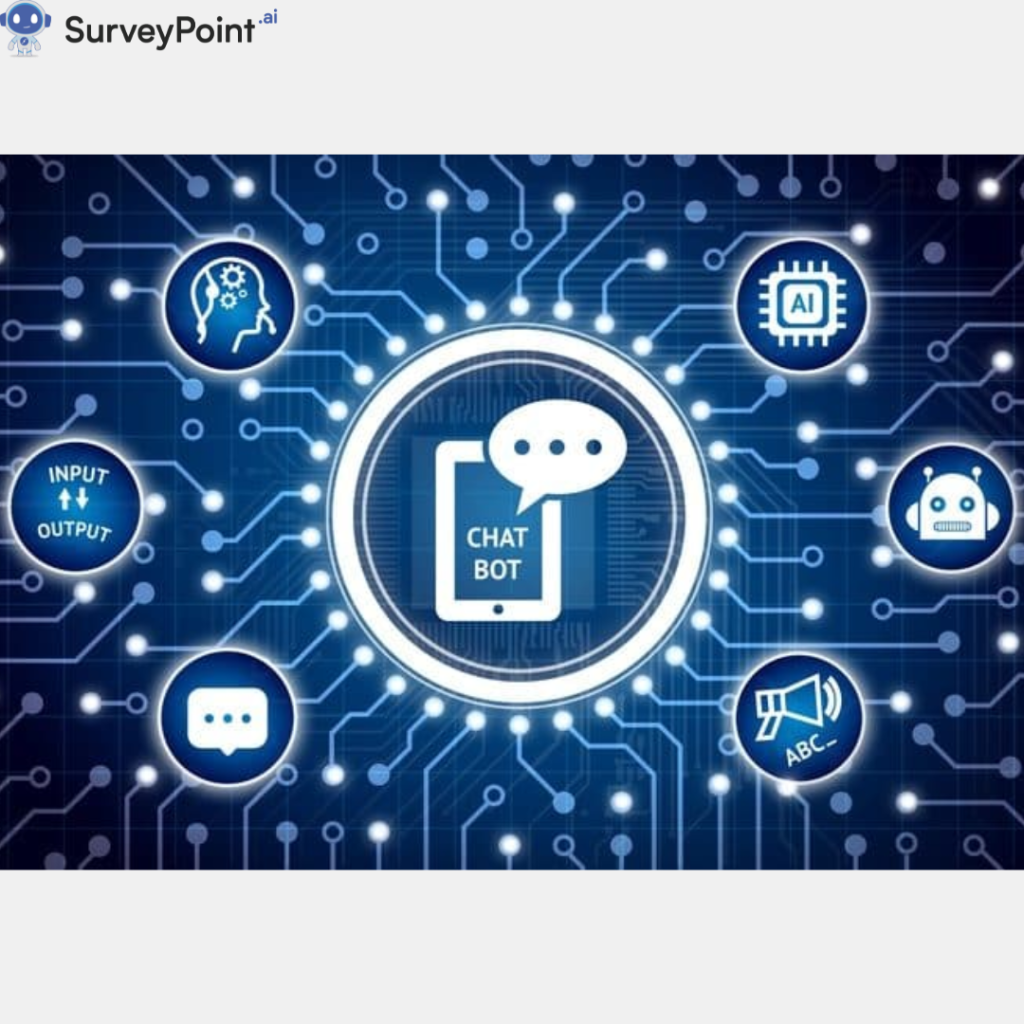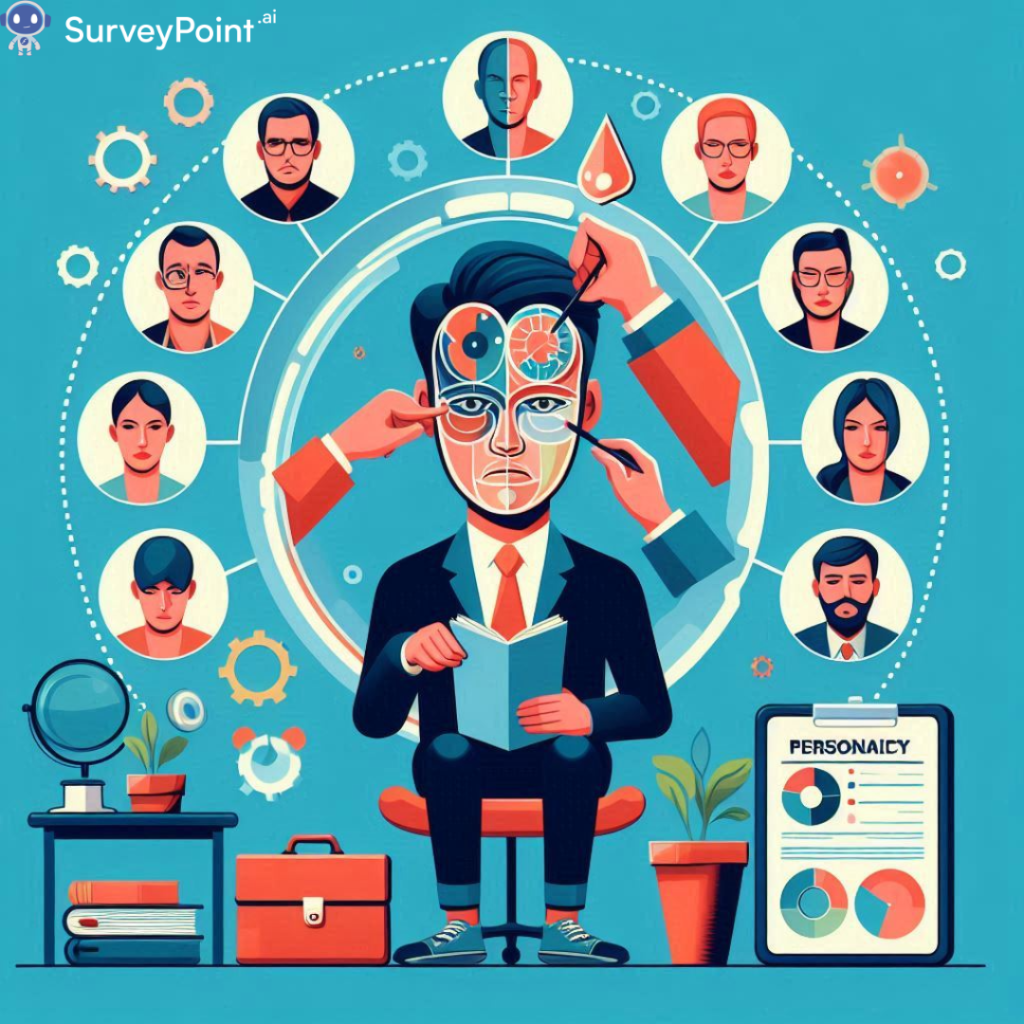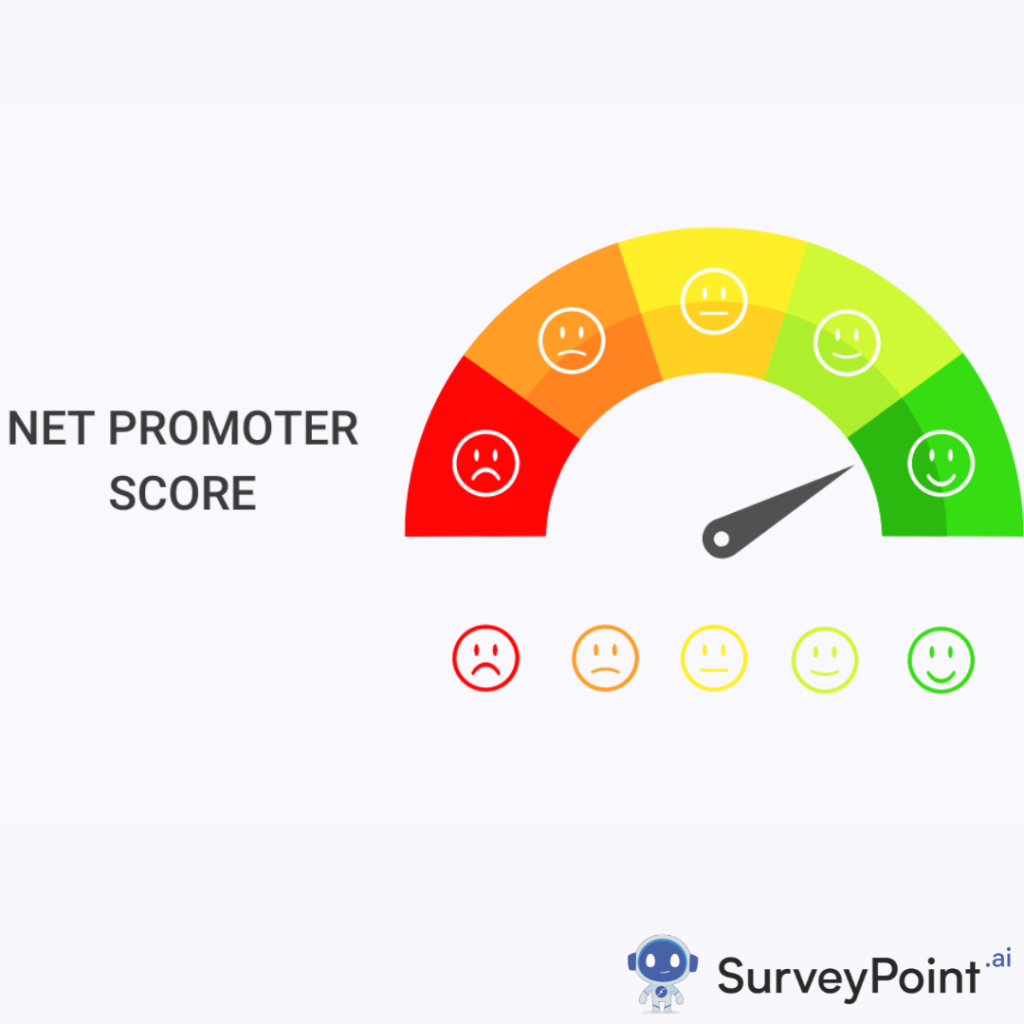
Artificial Intelligence (AI) is revolutionizing the marketing landscape, offering unprecedented opportunities for personalization, efficiency, and data-driven decision-making. As we navigate through 2024, AI’s integration into marketing strategies has become more profound, influencing various facets of the industry.
The Evolution of AI in Marketing
AI’s journey in marketing has transitioned from basic automation to sophisticated algorithms capable of understanding and predicting consumer behavior. This evolution has enabled marketers to craft more personalized and effective campaigns, enhancing customer engagement and ROI.
Key AI-Driven Marketing Trends in 2024
- Personalized Customer Experiences: AI analyzes vast datasets to deliver tailored content and product recommendations, enhancing customer satisfaction and loyalty. By understanding individual preferences and behaviors, brands can create more meaningful interactions with their audience.
- Predictive Analytics: Leveraging AI to forecast market trends and consumer behaviors allows businesses to make proactive decisions, optimizing marketing strategies and resource allocation. This foresight helps in staying ahead of the competition and meeting customer expectations effectively.
- Chatbots and Virtual Assistants: AI-powered chatbots provide real-time customer support, improving user experience and operational efficiency. These virtual assistants handle inquiries, guide users through purchasing processes, and offer personalized recommendations, enhancing overall customer satisfaction.
- Content Generation and Optimization: AI tools assist in creating and optimizing content for better engagement and SEO performance. By analyzing audience preferences and trending topics, AI helps in producing relevant and high-quality content that resonates with target audiences.
- Programmatic Advertising: AI automates the buying of ads to target more specific audiences, increasing the efficiency and effectiveness of advertising campaigns. This automation ensures that ads reach the right people at the right time, maximizing the return on ad spend.
Real-World Applications
- E-commerce Platforms: AI-driven product recommendations and dynamic pricing strategies enhance user experience and sales. By analyzing browsing history and purchase patterns, AI suggests products that align with individual preferences, increasing the likelihood of conversions.
- Social Media Marketing: AI analyzes user interactions to optimize content distribution and ad placements, ensuring higher engagement rates. It identifies the best times to post, the type of content that resonates with the audience, and the optimal platforms for distribution.
- Email Campaigns: Personalized email content and send times, determined by AI, lead to higher open and conversion rates. AI analyzes recipient behavior to tailor subject lines, content, and delivery times, making emails more relevant and engaging.
Challenges and Considerations
While AI offers numerous benefits, challenges such as data privacy concerns, the need for large datasets, and the potential for algorithmic biases must be addressed. Ensuring ethical AI practices and compliance with data protection regulations is crucial for maintaining consumer trust.
Future Outlook
The integration of AI in marketing is set to deepen, with advancements in machine learning and data analytics paving the way for more innovative and effective marketing strategies. As AI technology continues to evolve, marketers will have access to more sophisticated tools for understanding and engaging their audiences.
In conclusion, AI is reshaping the marketing landscape, offering tools and strategies that drive efficiency, personalization, and growth. Embracing AI technologies enables marketers to stay competitive and meet the ever-evolving demands of the digital marketplace. For more information checkout- surveypoint.ai




